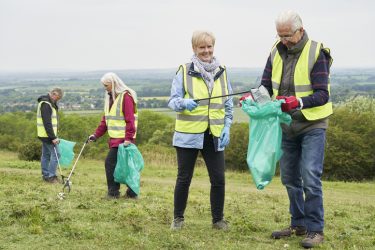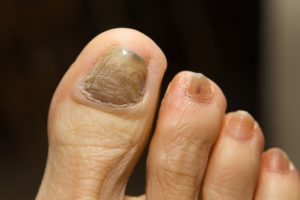Is it possible to find joy in the midst of care-giving?
If you’re reading this and you’re a caregiver, I just want to remind you of this fact: you’re a hero!
What you have to do every day to care for your loved ones is not an easy feat.
Yet, you wake up each day and do it like a champ.
We’ve talked on this blog a lot about the importance of taking care of yourself as a caregiver.
In fact, the evidence is clear that when you take better care of yourself as a caregiver, you’re more likely to provide better care.
But how exactly do you find joy in the midst of caring for your loved one? Especially when they have a difficult diagnosis?
Perhaps you’re dealing with a dementia or Alzheimer’s diagnosis.
Perhaps it’s some other disease that has been classified as terminal.
How in the world do you find joy in that?
In today’s post, we look at some ways you could find joy in the midst of caring for your loved one with a difficult diagnosis.
Finding joy in the midst of care-giving
You cannot find the good if you just ignore the bad
When a loved one is given a difficult diagnosis, it is part of the grieving process to deny that you’re sad; especially in the beginning.
During this time, you might dedicate all your energy to making plans to take care of your loved one.
It might also be a season where you are learning a lot about the new diagnosis and how you can support your loved one.
In fact, you may be so engrossed in trying to be the best care-giver, that you forget that your emotions are taking a severe hit.
Don’t ignore how you feel.
Allow yourself to grieve.
Giving yourself space to recognize your feelings, document them and process them is the first step finding joy in the midst of caring for your loved one.
This may also mean admitting to yourself that you need to speak to a mental health professional.
Find a support community
There are hundreds and in many cases, thousands of people who are dealing with the same scenario you’re dealing with.
Usually, a health case worker for your loved one or your doctor may have some information on local support groups that you can be a part of.
You will learn a lot of caring techniques others have been successful with.
A support community will also help you navigate the emotions you’re feeling more effectively.
And you won’t feel so alone on your journey when you know that there are others walking the same path as you.
Take time to do things you enjoy
You probably laughed at that headline because you’re thinking, “what time, Gertrude?”
I get it.
If you’re a full-time worker and a full-time care-giver, it can be hard to find any time for yourself.
This is where we can get creative.
Here’s a tip – make it a part of your care-giving routine.
For instance, if you love to read but haven’t had the time for it because you’re care-giving, you could make reading a book to your loved one a part of your routine.
Your loved one will enjoy your company and the chance to participate in an activity.
And you will get to enjoy your reading – even if it’s just for a few minutes.
Care-giving is hard. Finding joy in the midst of it is hard.
But the 3 things we discussed above will go a long way to helping you find joy in the midst of care-giving.





